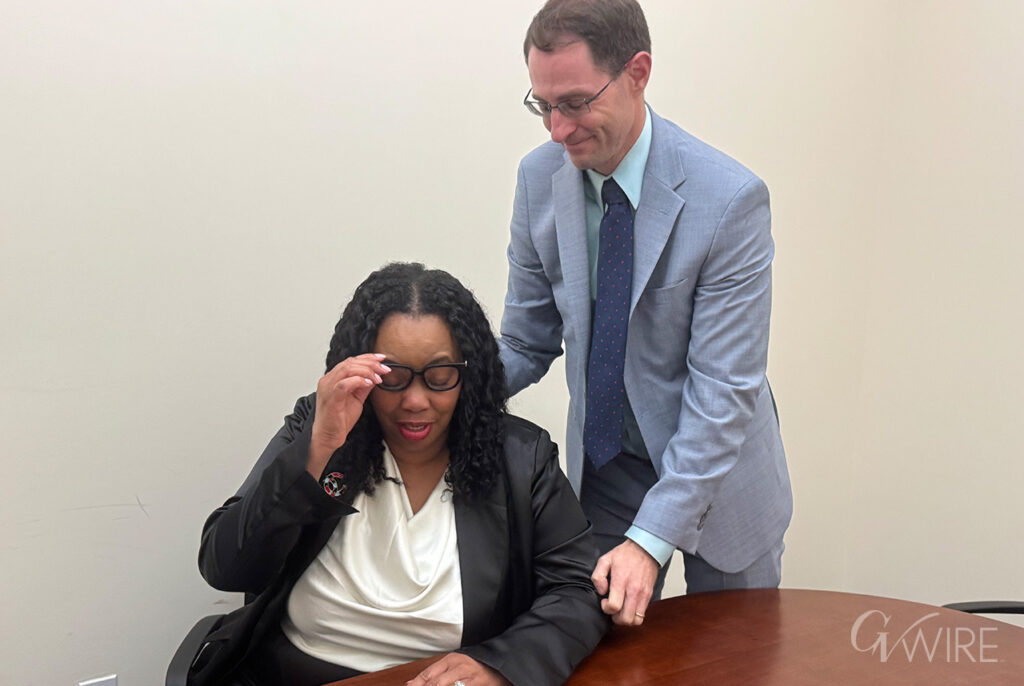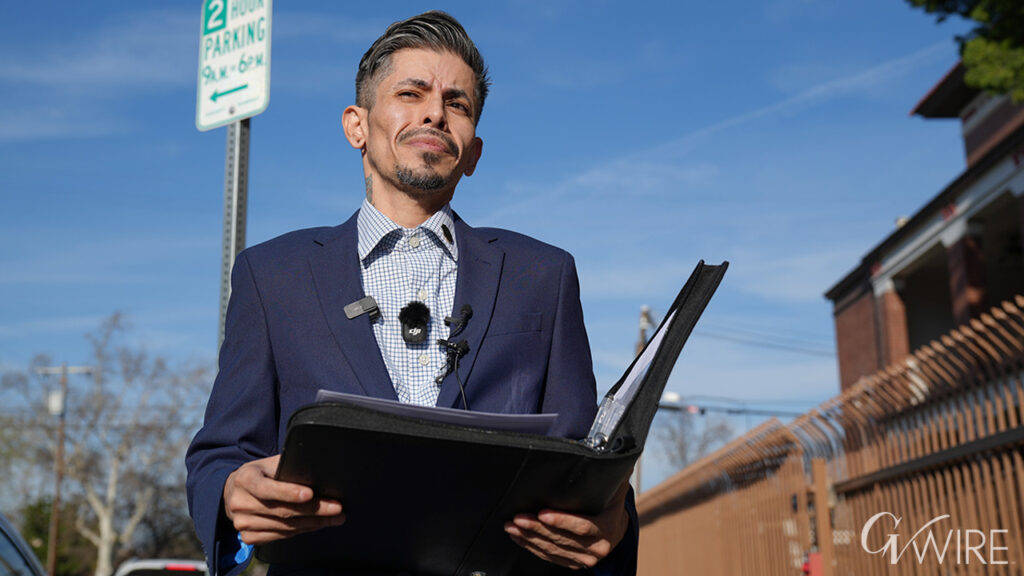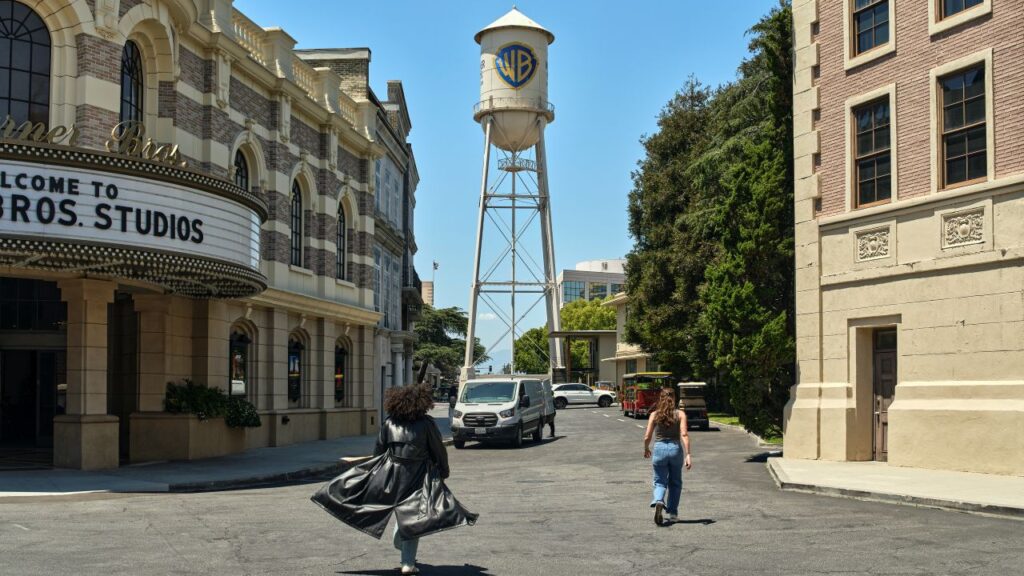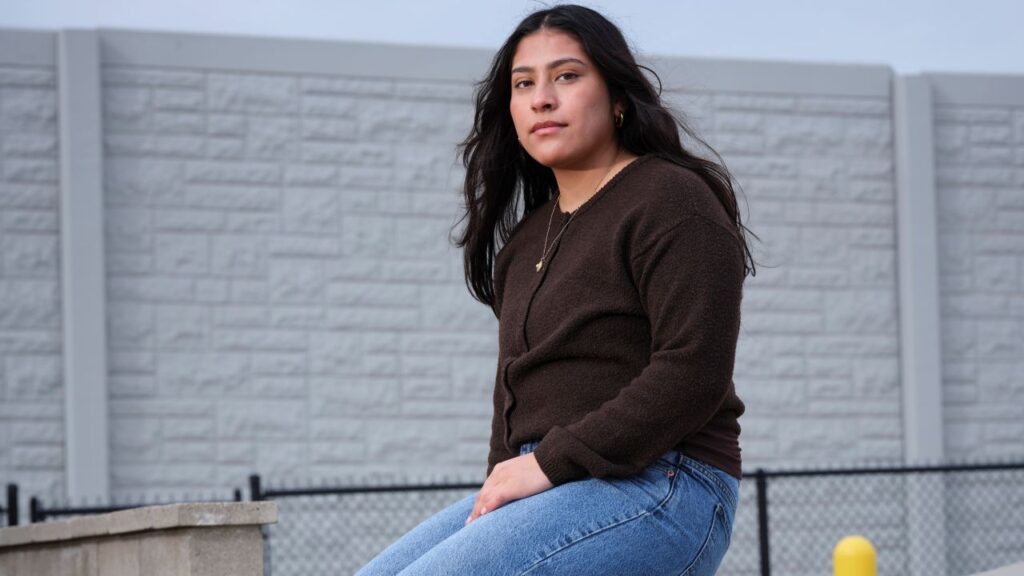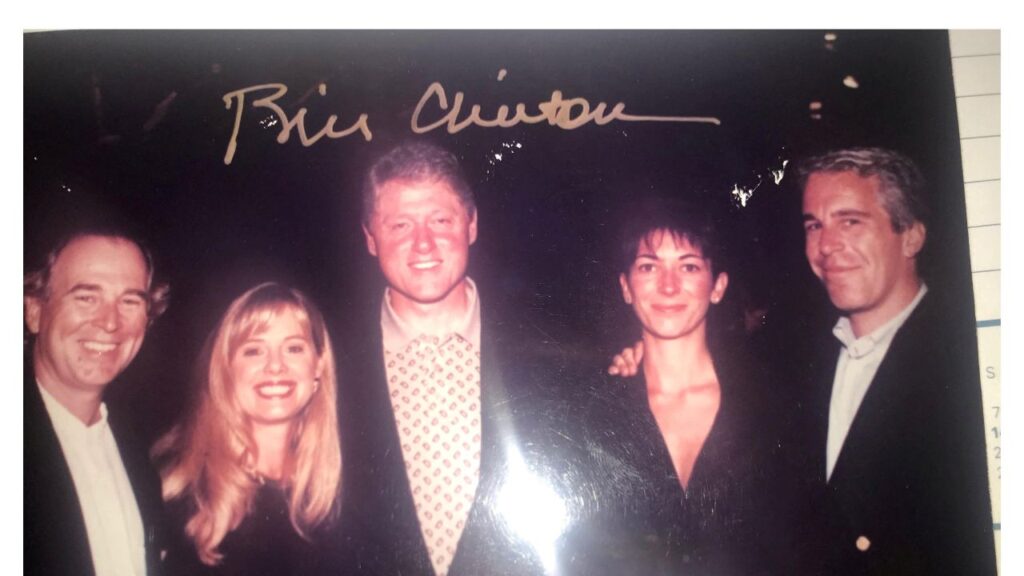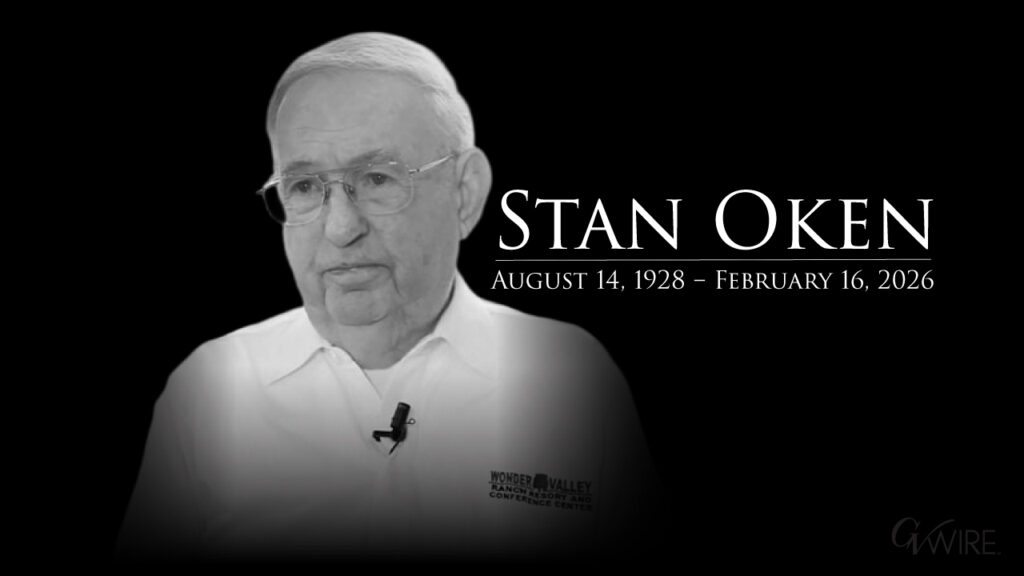Share
The numbers show that few of Fresno County’s eligible immigrants go on to become naturalized citizens. That’s due to civil, social, educational, and economic challenges.
Maria Garcia, however, found a way with the help of San Joaquin College of Law’s New American Legal Clinic and its free services.
“Becoming a U.S. citizen was one of my life goals, and one of my biggest dreams, but sometimes family and friends place barriers in our way that make it difficult to move ahead,” said Garcia.
“A friend from work gave me the business card (of attorney Linda Barreto) and they were so helpful from the first day I walked in until the last moment. I felt so grateful because they gave me the assurance that if others can do it, I can too. ”
One Woman’s Journey to America
The 47-year-old’s journey from Mexico to the U.S. has not been easy. After arriving 30 years ago at the age of 18, Garcia married young and became a lawful permanent resident with the help of her husband.
For the last 25 years, Garcia says it was fear that kept her from applying to become a U.S. citizen. Fear of not knowing the English language, fear that she didn’t know enough, fear that she evaded the law and, worst of all, living in fear of her husband.
“When I first got married, my husband applied for U.S. citizenship and I also wanted to go to school to learn English and become a U.S. citizen,” said Garcia. “I wanted so badly to better myself and have the power to vote, but my husband was unsupportive and abusive. I suffered 25 years of domestic violence physically and verbally.”
Garcia says her story is one of tragedy, heartbreak, loss, and triumph. She realized that she wanted a better life for her and her three children. Slowly, she found the courage to leave her abusive husband.
Two years ago, Garcia fled the abusive home with her 10-year-old daughter in her arms. Her sanctuary: Moving in with her parents, who were both battling cancer.
Applying for Citizenship Offered Hope
Garcia says that living through the many years of abusive behavior gave her the courage to become a U.S. citizen.
In March, Garcia was naturalized and participated in an individual ceremony where she received her certificate of U.S. citizenship.
Critical to her success was taking advantage of SJCL’s New American Legal Clinic in Clovis.
She studied day and night and gave up watching TV or listening to music — all while taking care of her ailing parents, making lunch for her kids, and engaging in a divorce battle.
“There are many women like me that I work with and talk to who also want to become a U.S. citizen, but don’t because they are afraid they don’t know enough or won’t be able to pass the citizenship test,” said Garcia. “I let them know that anything is possible I share my story with them and explain that if I can do it living through an abusive relationship, they can too.”
Garcia is taking baby steps forward. Her goals are to finalize her divorce, master English, obtain her GED, and save enough money for her own apartment.
“This is a country of many opportunities where we have many rights and we have many more rights if we become U.S. citizens,” said Garcia. “This is why it has always been my dream, I look at my certificate and I can’t believe it, I thank God and the ladies over at the college for all their help,” Garcia said. “He (her husband) cut my wings, and now I’m finally able to take flight.”

Fresno County’s Low Citizenship Application Rate
While many immigrants like Garcia face substantial challenges in becoming U.S. citizens, those obstacles reflect naturalization numbers that have been steadily declining for several years. In 2019, 2.3 million Californian residents were eligible for naturalization, according to the latest data. At least 189,965 reside in six Central Valley counties.
A study by Boundless showed that Fresno County has the second-lowest rate nationwide of eligible people applying to become naturalized citizens. The study also points out that there were 54,000 eligible immigrants in Fresno County in 2017 and only 4.8% became U.S. citizens that year.
The Valley’s population is ethnically diverse with 22% of its population being foreign-born and 45% speaking a language other than English as their first language.
Barreto, who is an attorney with SJCL’s New American Legal Clinic, says there is a continuing need for financial resources, English language training, citizenship instruction, and naturalization assistance.
Hurdles Immigrants Face In Applying For Citizenship
Certain obstacles make it challenging for many green card holders living in the U.S. for many years to apply for citizenship.

Barreto outlines the main three reasons why wishful applicants prolong the naturalization process.
For many, it can be financially costly with some cases totaling between $2,000 and $4,000. Barreto said those with a criminal history or prior deportations will sometimes end up needing more financial help and legal backup.
Another barrier is language. To become a U.S. citizen, you must be able to speak, read and write basic English, and pass a civics test.
Thus a lack of education can play a huge role. Undocumented immigrants often are frightened by what they don’t understand.
“A lot of people don’t understand what the difference between a citizen and a resident is, and they don’t know how to start the process,” said Barreto. “They’re intimidated by legal proceedings.”
San Joaquin College of Law and Fresno Adult School Partner Together
To help combat fears and financial and legal burdens like those Garcia faced, the Fresno Adult School and the legal clinic have partnered on grants from U.S. Citizenship and Immigration Services.
This year, a $250,000 grant will enable SJCL to file a minimum of 240 naturalization petitions free for lawful permanent residents. That grant also funds citizenship and English classes at Fresno Adult School.
COVID-19 Delayed U.S. Citizenship Applications
Like many other things, the COVID-19 pandemic affected those who hoped to become naturalized citizens. The result: fewer naturalized citizens in 2020 than in previous years.
“Locally, though, our Fresno office was actually pretty good, and we were seeing interviews, but since COVID, they have backed up,” said Barreto. “So, before I would see interviews between four to six months from the date of filing, and now they’re over a year and, well, it’s not surprising because everything is backed up because of COVID.”
Offices remained closed, paperwork was slower to be processed, and many interviews were delayed.
Eligibility to Become a U.S. Citizen
Applicants must meet all eligibility requirements outlined in the Immigration and Nationality Act (INA) in order to apply for naturalization.
How Do You Apply for Citizenship?
Eligible applicants must submit a N-400 form that can be filled out online.
Following the submission of the N-400 form, applicants are given the opportunity to interview with a USCIS officer.
How to Find Help
If you or someone you know is a victim of Domestic Violence, visit the Marjaree Mason Center.
For emergency assistance, call (559) 233-HELP(4357) or the main business line (559) 237-4706.
RELATED TOPICS:
Categories







